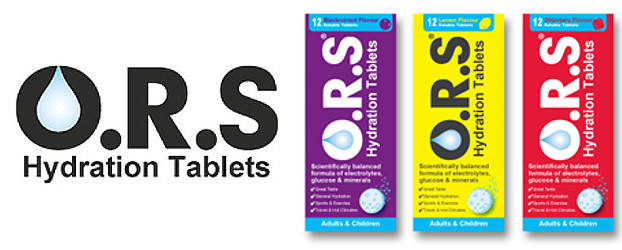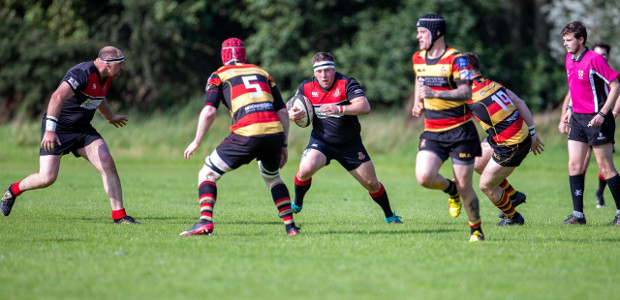PRE-HYDRATION Prevention is better than cure
All you need to know about the importance of keeping you body hydrated
Dehydration can upset the delicate fluid-salt balance needed to maintain healthy cells and tissues. Although there is currently no agreed recommended daily intake level for water in the UK, estimates range form approximately 1.2 litres to 3.1 litres per day[1].
The danger of dehydration in sport
- Impaired performance capacity[2], fluid loss corresponding to 2.5% of body weight has been shown to reduce an athlete’s physical performance capacity by 45%[3]
- Increased risk of strains and sprains due to lower muscle endurance at 3-4% dehydration. In hotter climates this happens even faster[4]
- Energy drinks are frequently used during sport. They contain high levels of caffeine to stimulate the nervous system. Caffeine is a diuretic, which causes the body to produce more urine than water, reducing hydration levels.
- Consuming sugary drinks slows down the rate at which water can be absorbed from the stomach and slow hydration[5]
- Exercising even while a little dehydrated can cause cramps.
The impact of a body not being 100% hydrated can be mental as well as physical.
Mental
- It can lead to reduced alertness and diminishes the ability to concentrate
- It has also been strongly linked with mental performance and learning ability. A body that is not optimally hydrated can have a 10% decrease in memory, attention and concentration[6], with studies showing clearly that after a drink memory and attention span improves.[7]
- Can cause confusion, irritability and lethargy in infants[8]
The Science Bit
Why not just water?
The best way to rehydrate the body is to drink water or other fluids, but this is not always sufficient because water passes through the digestive tract too quickly. To hydrate the body, sodium needs to be reabsorbed. The intestines have on their surface ‘a sodium glucose co-transporter’, a protein that absorbs salt much better in the presence of glucose. Adding glucose to salt and water in the correct proportions as in rehydration salts enables better absorption of salts and therefore water by the body, rehydrating the body and maintaining an optimum fluid balance.
One of the most effective ways to rehydrate the body is to take oral rehydration salts, e.g. O.R.S® Hydration Tablets, dissolved in water. These are suitable for both adults and children. The tasty soluble tablets contain a balanced combination of electrolytes, glucose and minerals to replenish the body’s fluids and salts and help maintain a healthy fluid balance whatever you are doing.
O.R.S® Hydration Tablets are packaged in handy tubes in three great tasting flavours: Lemon, Blackcurrant and Strawberry, making sure that there is a flavour to suit every personal taste. They are available in 12 and 24 tablet tubes retailing at £4.99 and £6.99 respectively from Asda, Tesco, Boots, www.boots.com and chemists and supermarkets nationwide.
[1] Eur J Clin Nutr. 2003 Dec;57 Suppl 2:S19-23. Impact of mild dehydration on wellness and on exercise performance. Maughan RJ.
[2] Eur J Clin Nutr. 2003 Dec;57 Suppl 2:S19-23. Impact of mild dehydration on wellness and on exercise performance. Maughan RJ.
[3] http://www.rcn.org.uk/__data/assets/pdf_file/0003/70374/Hydration_Toolkit_-_Entire_and_In_Order.pdf
[4] http://dripdrop.com/category/health-beauty/
[5] http://www.rcn.org.uk/__data/assets/pdf_file/0003/70374/Hydration_Toolkit_-_Entire_and_In_Order.pdf
[6] www.water.org.uk/home/news/press-releases/wise-up-on-water/wise-up—children.pdf
[7] Nutrients. 2011 May;3(5):555-73. doi: 10.3390/nu3050555. Epub 2011 May 10. Dehydration influences
[8] Nutr Rev. 2006 Oct;64(10 Pt 1):457-64. Hydration and cognitive function in children. D’Anci KE1, Constant F, Rosenberg IH.








